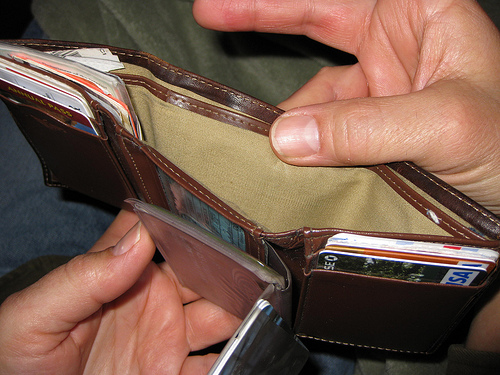
(The below is an excerpt from an article I wrote for Shareable.net. I would encourage you to read the full version and let me know your thoughts! Like so many issues in the coworking community, it has to be decided on a space-by-space basis. I’d love to hear from space owners using these and other models to achieve a cohesive, sustainable community!)
…Most coworking advocates fall into one of two schools of thought on this topic: those that believe coworking is best when it exists as a non-profit, and those who believe coworking can (and should be) a profitable business. The coworking community demonstrates that both (and many hybrids in between) are possible.
Coworking As A Non-Profit
The thing that sets coworking apart from all other styles of working is that it has the welfare, success, and ultimately happiness of the members as its most lofty goal. The community is the most important asset, and everything else–the space, location and amenities–are meaningless if the community is absent. One of the most attractive reasons to choose the non-profit model is the ability to let the community evolve naturally…
Coworking As A For-Profit
What troubles some in the coworking community is that creating a coworking space with the sole purpose of making profit can drive the focus away from the coworking values of collaboration, community, openness, accessibility, and sustainability. “Coworking spaces that fully embrace the value of community are not owned by anyone,” writes the founder of C4 Workspace in San Antonio, Texas. “They may be funded by individuals and other sources but they are “owned” by the community.” One can’t just offer desks and Wifi, call it coworking, and wait for the money to roll in…
Coworking As A Not-Just-For-Profit
While it might be easy to equate “profit” with the cut-throat individualism that typifies the corporate world, space owners shouldn’t be afraid to make money from a business that requires hard work. Instead, many look for ways to provide additional, valuable services to both the freelancers in their coworking community as well as the telecommuters, small business owners, and creatives of the community at large. Workshops, camps, classes, and mixers bring people together and make them better at what they do. Better yet, all of these things can exist within the community without defining it…

